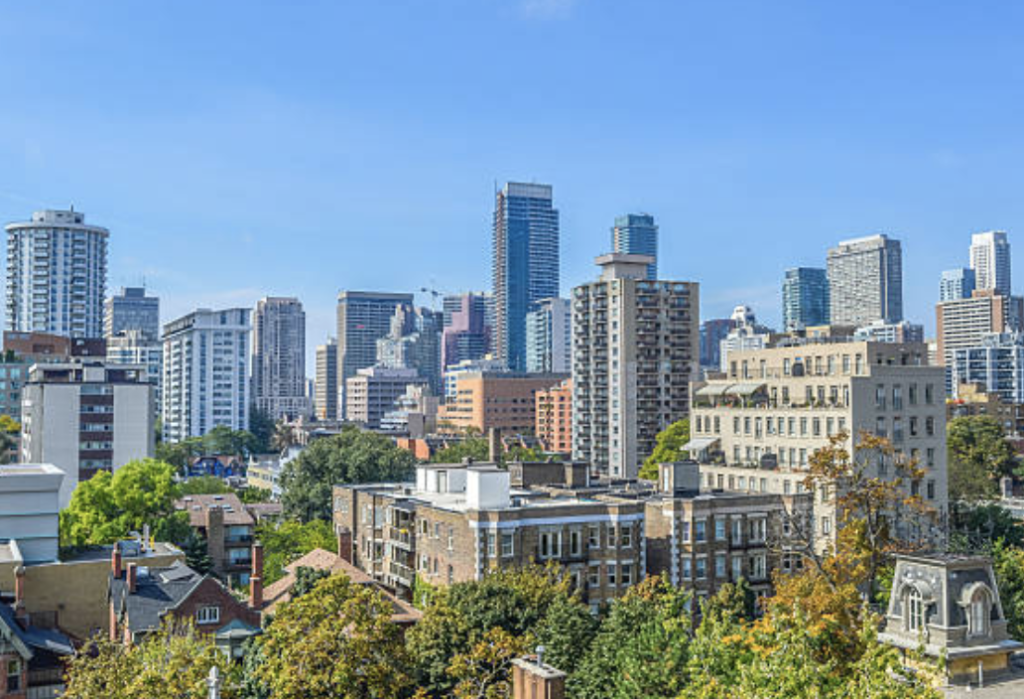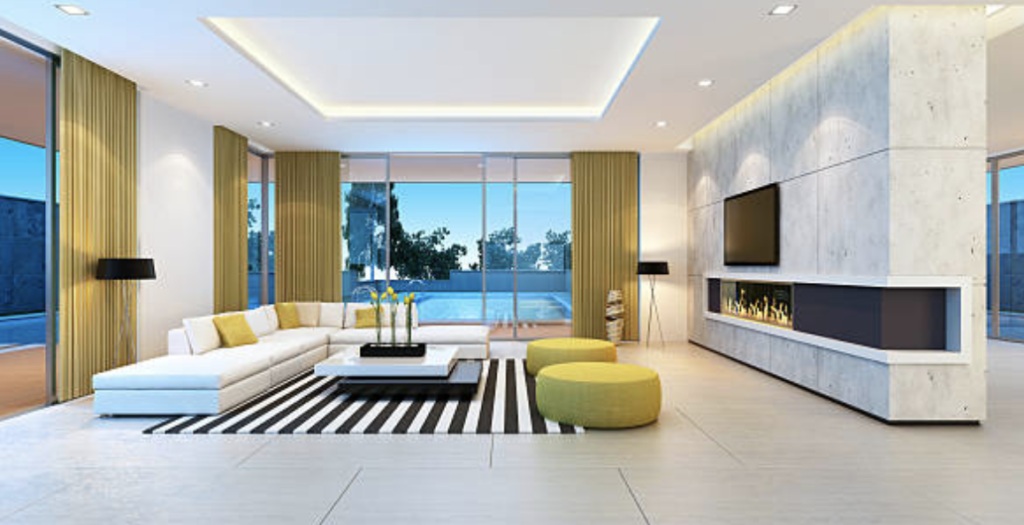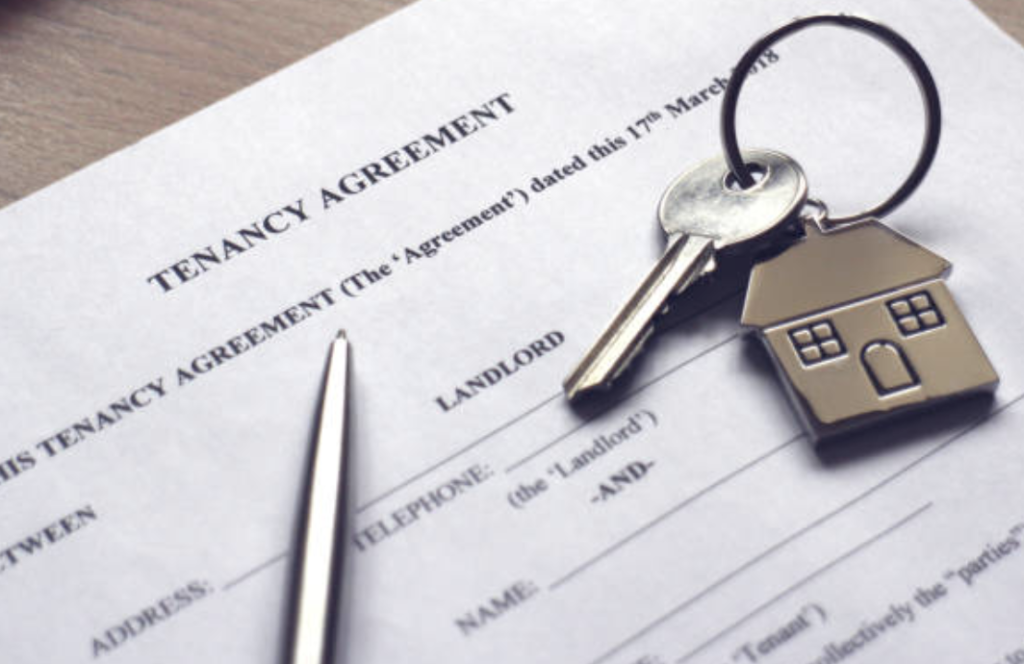What are condos? A condominium building, or condo, is an independently owned unit in a large complex or building of units. While most condominiums are situated in high-rise buildings, detached condominiums are available in select markets.
The air space inside a condo is owned by the condo owner, who also owns a share of the communal property, which includes the floor, walls, walkways, stairwells, and exterior spaces.

The majority of condo owners do not have to bother about repairs or maintenance. Instead, these costs are covered by a monthly payment to the condo association.
Condos serve as something between owning a home and renting an apartment in apartment buildings in this way.
Condo owners enjoy the benefits of developing equity in their property and, like an individual condo owner, can rent it out for income. Still, some of the necessary maintenance is handled by a third party.
What are the Features of a Condo?
Condos provide exceptional convenience in a residential setting. You have to take care of the interior of most condo developments.
The rest is taken care of by a condo management association. A condo’s most appealing feature is its price tag. Condominiums have always been less expensive than single-family residences, and this trend continues today.
Condos are also frequently less expensive in terms of taxes. There’s also a sense of condo community that a single family house often lacks common areas and amenities, as well as community events and other activities. It’s a lot easier to travel or live seasonally in another location with the assurance that everything will be taken care of during your absence.
 1. Elegant Neighbourhood
1. Elegant Neighbourhood
Most condos have a well-developed urban neighbourhood with people living in a private residence.
They offer easy accessibility to major parts of the city and other crucial infrastructures.
The daily life facilities that residents require are within easy reach, namely schools, retail areas, restaurants, and healthcare facilities. This provides a perfectly designed community for a family.
2. Excellent Amenities
The majority of the condos tend to provide their residents with a selection of cutting-edge amenities, saving you from having to spend extra money outside of the condo building to avail such amenities.
Swimming pools, barbecue spaces, and roof-top areas are examples of such amenities. Squash and tennis courts are available within the compound for individuals who enjoy sports.
For gatherings, the apartment may additionally feature an extra meeting space. The amenities may differ from community to community. But, you share the cost of enjoying all these perks among the residents of all condo units.
3. Well-Maintained Facilities

This covers, among other things, plumbing, interior decoration, electrical, and telecommunications maintenance. Residents typically pay a monthly charge that helps to facilitate such services.
4. All Round Security
The safety and security of the household assets and condo inhabitants is the foremost factor that makes a condo the perfect choice for any prospective property buyer.
Condos in urban development zones contain all of the necessary security elements to make one feel safe. Personnel and guards from certified security firms work in shifts to keep them safe.
They also have CCTV cameras and other security systems linked to a central monitoring centre for round-the-clock surveillance.
5. Comfort and Convenience

Condominiums are suitable for people who have busy lives and may not have enough time to do normal property management maintenance but want to enjoy all the conveniences in life.
6. Social Gatherings
Condos create a sense of community as people share the mutual connection of condo ownership.
The building’s common spaces, such as hallways, parking lots, and elevators, allow you to build cordial bonds with other residents as and when you meet each other while passing by.
Not just that, many condo buildings and societies organize social gatherings that elevate the overall communal feeling.
What Types of Amenities Can a Condo Owner Expect in a Condo?
The amenities you may expect from a condo are often determined by when the building was built, where it is located, and how high-end it is.
The following are some of the common amenities that come with a standard condo:
- Party rooms or multi-use rooms
- Outdoor recreational spaces, including sports courts, running tracks, and so on.
- Security and concierge services
- Guest suites
- Free parking for visitors as well
- On-site laundry
- A swimming pool
- Gyms and fitness centres
- Community centres and halls
- Parks and gardens
- Children play area and playgrounds
- Pet zone with services and other pooch-friendly facilities
The condo amenities add up to your convenience and make for a pretty incredible lifestyle without bothering about its maintenance task. The amenities give you a space to entertain and unwind within your society. This saves a lot of your time that you may waste in traveling to such luxury facilities.
Do Condo Owners Share Amenities?
The common elements, such as the hallways and elevators, are owned by all the condo residents in the building. Condo residents often share certain common facilities and amenities with their neighbours because their condo is part of a larger residential construction.
It could be a public parking lot, garage, recreation area, roof deck, pool, or gym. Additionally, all condo residents can enjoy these common facilities and amenities without maintaining them on their own.
The condo owners may need to pay dues to a condominium management association, which then hires landscapers, pool cleaners, and other specialists for anything that needs to be maintained or repaired in the shared amenities spaces.
What Is the Difference Between a House and a Condo?

A front yard, backyard, and garage may be included with the property. A condo, on the other hand, is a property included within a building or complex.
House being an autonomous property attracts homeowners the most. As a house owner, you may not come across homeowner’s association restrictions that restrict home alterations both inside and outside the property.
In general, houses are more expensive than condominiums. They usually have square footage, and the owner owns both the structure and the land it sits on.
However, specific condos, particularly luxury condos in affluent areas and neighbourhoods, can sell for significantly more than a typical house.
The majority of free-standing houses do not include any amenities and security elements. The house owner is solely responsible for all such facilities. On the other hand, when you own a condo, you must additionally pay condo association costs, which may include utilities, exterior maintenance, gyms, and pools.
Because you are responsible for both the house and the land, maintaining a house substantially demands more labor and expenses than maintaining a condo. While initial capital can help to raise the value of a house, it’s also necessary to remember the initial financial and time input.
What Is the Difference Between an Apartment and a Condo?

The main difference between an apartment and a condo is its ownership.
An apartment is a real estate space that you can rent but do not own. Whereas condos are residential spaces that one can buy, own, and sell whenever one wishes.
An apartment is part of a condominium complex or society, which includes another apartment building owned by a single entity, usually a corporation, and then rented to individual residents.
Another significant distinction between condo vs apartment is the property’s management, maintenance costs, and repairs.
In a rental, the apartment owners – often referred to as landlords – usually are responsible for both inside and outside maintenance and repairs. In contrast, condominium ownership includes liability for any repairs or maintenance within their unit.
Both types of properties usually feature multiple floors and units and shared amenities and common areas. Condo unit owners in some areas can also rent their individual units.
A condo has a more personal feel to it and provides some better features in terms of residential functionality. At the same time, apartment amenities may, more than often, lack quality living features. But these days, many apartments are even providing access to basic amenities like pools, parking space, outdoor space laundry, etc.
How to Buy a Condo?
Most people opt to purchase a condominium for plenty of reasons. They’re less expensive and require less upkeep than a standard house. Furthermore, they usually provide common amenities such as pools and gyms, as well as offer a secured living environment.
While condo living may appear carefree, purchasing one is not always an easy job. Consulting a realtor is a great idea to make the process of buying a condo hassle-free. Not to forget, this comes with some extra expenses of the realtor agency.
Managing everything on your own to buy a condo is also a great plan. Here are a few essential tricks to help you buy a condo and take possession of it.
1. Explore the Condo’s Setting and Environment

This may help you predict whether the surrounding disturbance will affect you or your family once you move into the condo.
2. Review the Condominium Association Rules & Regulations
The majority of jurisdictions will have a set rescission time during which they can review relevant documents.
During this time, you should read the covenants, conditions, and restrictions of the community, as well as the consequences and penalties of not adhering to them.
Prospective condo buyers should also conduct due research on the condo association’s finances, as this will impact their ability to obtain financing.
3. Obtaining the Financing

Your mortgage lender is likely to perform a thorough examination of the condo building as a whole, including documentation pertaining to the building’s and condo homeowners association overall condition.
This acts as an additional layer of due research to safeguard your own investment.
Can I Rent a Condo?
You can rent a condo as per your finances, needs, and requirements.
The optimal time to start looking for a rental condo is four to six weeks before the date you want to move in. It’s generally a good idea to have all of the paperwork ready before you start looking.
Although 4 to 6 weeks may seem daunting, if you’re prepared, it’s generally doable. The list of documents required to rent a condo may vary according to the locality and its concerned regulatory authorities.
Here is a generic list of documents that you may need:
- Credit Report: It refers to the assumptions of you paying your bills on time.
- Job or Employment Letter: This shows your annual income as well as the employment duration. It defines your financial ability to pay the rents of the condo. For self-employed people, the landlord’s real estate agent normally would like to verify your Notice of Assessments from the Revenue Department over the past few years.
- Rental Application Form: This form contains all the details of your references, their contact details, and a few other information concerning any outstanding loans, automobile leases, or financing you may have.
- Lease Contract: The lease agreement specifies your leasing terms, such as the price, leasing duration, conditions, and so on.
Before signing the agreement, thoroughly read all the details and clauses of the contract, including the pets clause, to avoid any sort of mishap in the future. Contact a property management company for any doubts.
While buying a condo, you have to look into not just the space or the neighbourhood but several other factors. Hence, you can rely on Precondo’s team for the most reliable information.
With years of experience in the real estate market, the team can provide you with all the details that you will need to buy or rent a condo.
Book a call today before the cost of buying or renting a condo rises. From single family homes to detached condos, you can talk to the team members to know more about the condominium complexes and condominium corporation.


 1. Elegant Neighbourhood
1. Elegant Neighbourhood
